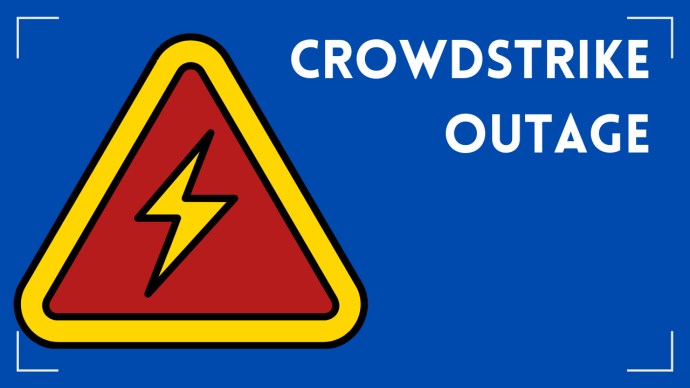Many small business owners aren’t sure if they have a qualified IT backup strategy in place. And they’re now beginning to realize that they can’t imagine what would happen if their complete IT network shut down; it would simply be a disaster for them, and possibly cost them their business.
Traditional backups have always focused on key data such as process management, accounting, inventory and other database structures. Email archiving tools are also becoming more important to backup, since email is now a primary communication tool. As relevant as these are to a proper backup design, they’re not enough.
There was a time when clients could operate offline for a few days, but for most businesses today, this period of time has shrunk to just a few hours, possibly even minutes. Naturally, it’s going to take a different plan of action to meet the demands of these new requirements.
How Long Can You Function Without Your Network?
This question will help guide you as you begin to think about your options. The basic business network is a compilation of central-server capacity connected to and supporting desktops. If the server shuts down for any reason, the network would simply become inoperative. However through local-machine processing, certain designs allow you to keep some basic functionality, and possibly even keep email running. Regardless, the server shutting down will inevitably affect key your key IT processes.
How Can Hybrid-Business Continuity Strategies Help?
A business continuity strategy focuses on building onto the design of the IT network (as opposed to a selective backup of specific file types) and ensures:
- Complete operating systems are fully backed up and remotely stored for faster, much easier recovery.
- Critical data remains backed up and stored remotely.
- Copies of important information are available to speed up the recovery process, without the need for data downloads from the cloud or offsite locations.
- The offsite backup system functions with less human intervention.
- Ease of switch over for personnel with limited IT knowledge so they can handle a basic recovery.
- Performance measures are built into the design, so you’ll know in advance that systems will work.
These characteristics have been available for a long time in enterprise-level computing environments. Unfortunately, the complexity that is required has made it difficult in the past for smaller businesses to achieve this level of performance.
New business continuity solutions today take advantage of computer virtualisation, the growth of cloud-based storage, and software structures that are specifically designed to bring more safety to small businesses; making it possible for companies of any size to have the business continuity they require.
New Business Continuity Solutions Are Now Available
Wouldn’t you feel better knowing that your complete IT environment included these safety features?
- Server snapshots and virtual versions of devices that are performed multiple times a day.
- Easy-to-recover work from a specific time with snap shots performed regularly throughout the operating day.
- The ability to dictate how many snapshots to take, and how long you want to keep each of them.
- All snapshots and virtual versions are replicated to a secure cloud data center.
- The cloud creates a virtual copy of your servers, and regularly mounts it, giving you a daily verification that it’s been mounted.
- Recovery is possible regardless of similar or dissimilar hardware.
- You can control the systems (or have your MSP do this on your behalf). You can even set schedules for snapshots and backups.
- You can protect your workstation and servers if you desire.
- Prices are affordable.
You can reduce downtimes due to IT network issues or hardware failures. Simply implement a business continuity plan into your IT systems. A hybrid model can retain control of your data, yet still use the cloud as a security and support mechanism.
Have questions about your data backups? Call us today and speak with one of our IT professionals who can help you put together a robust business continuity solution for your business.



